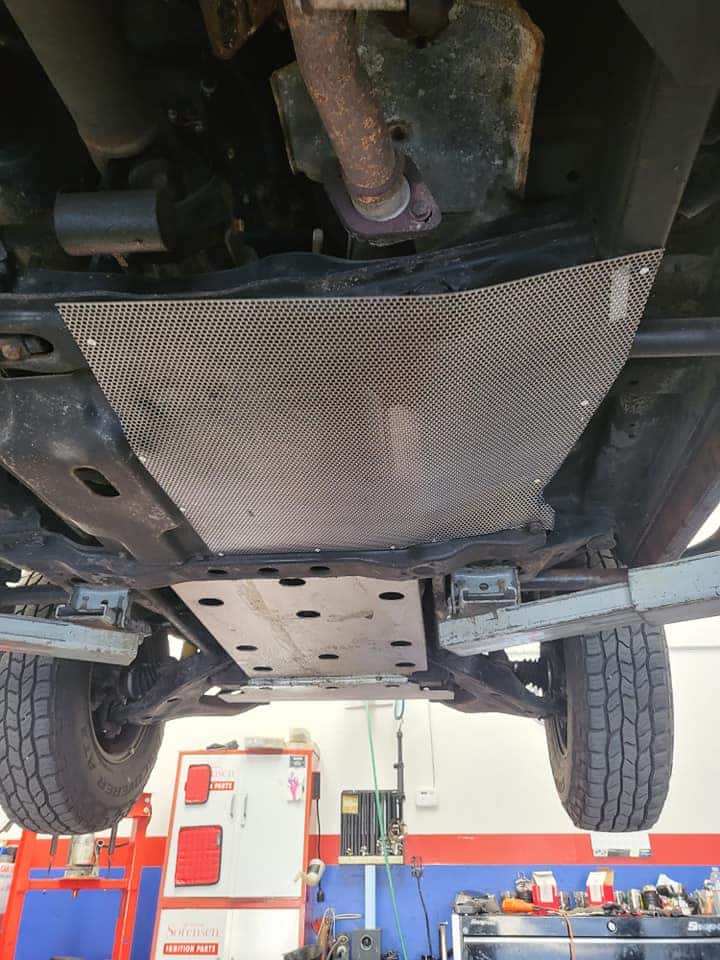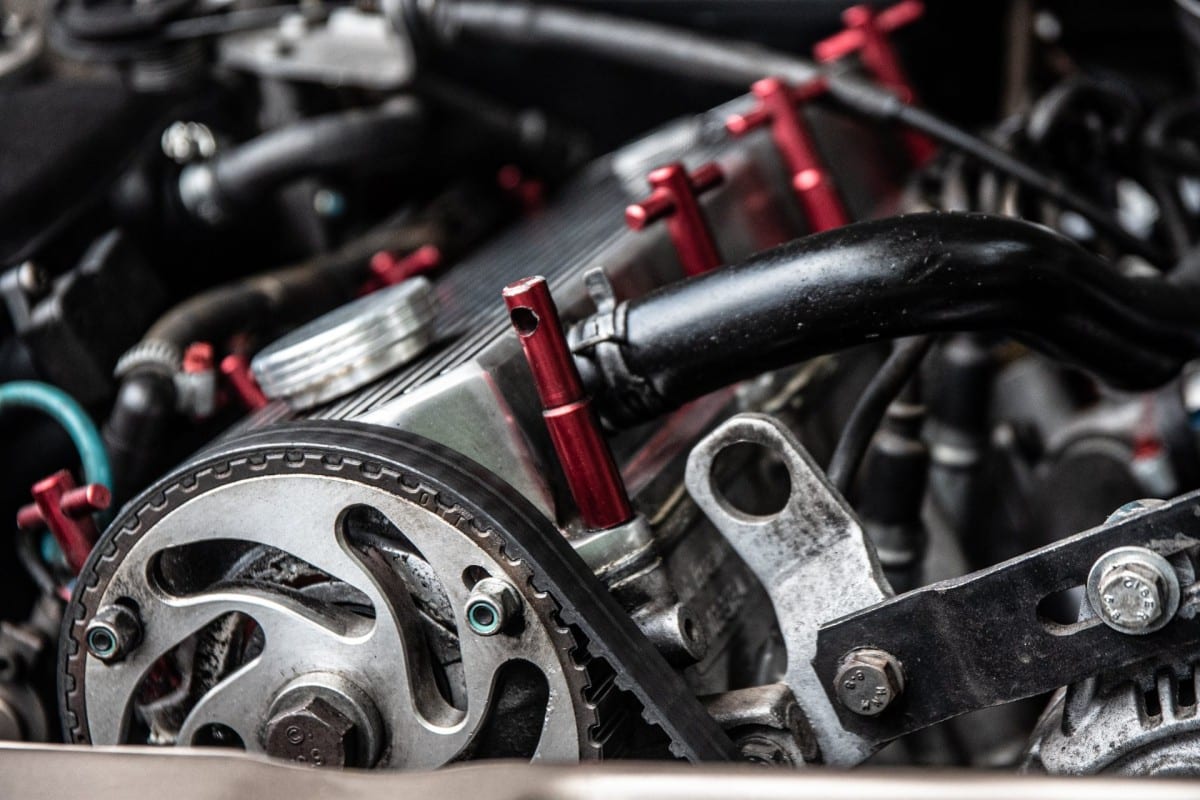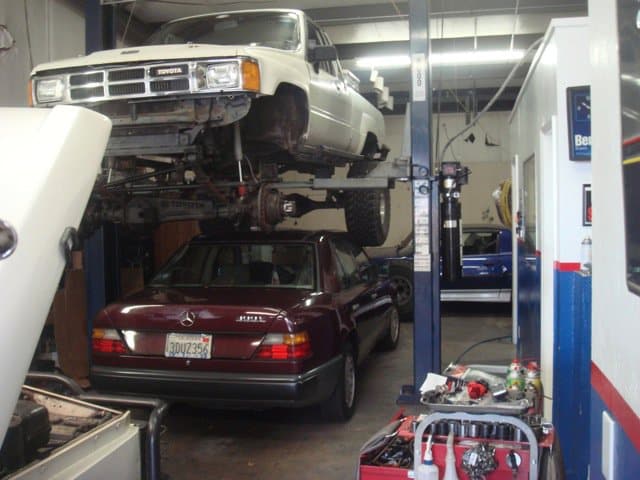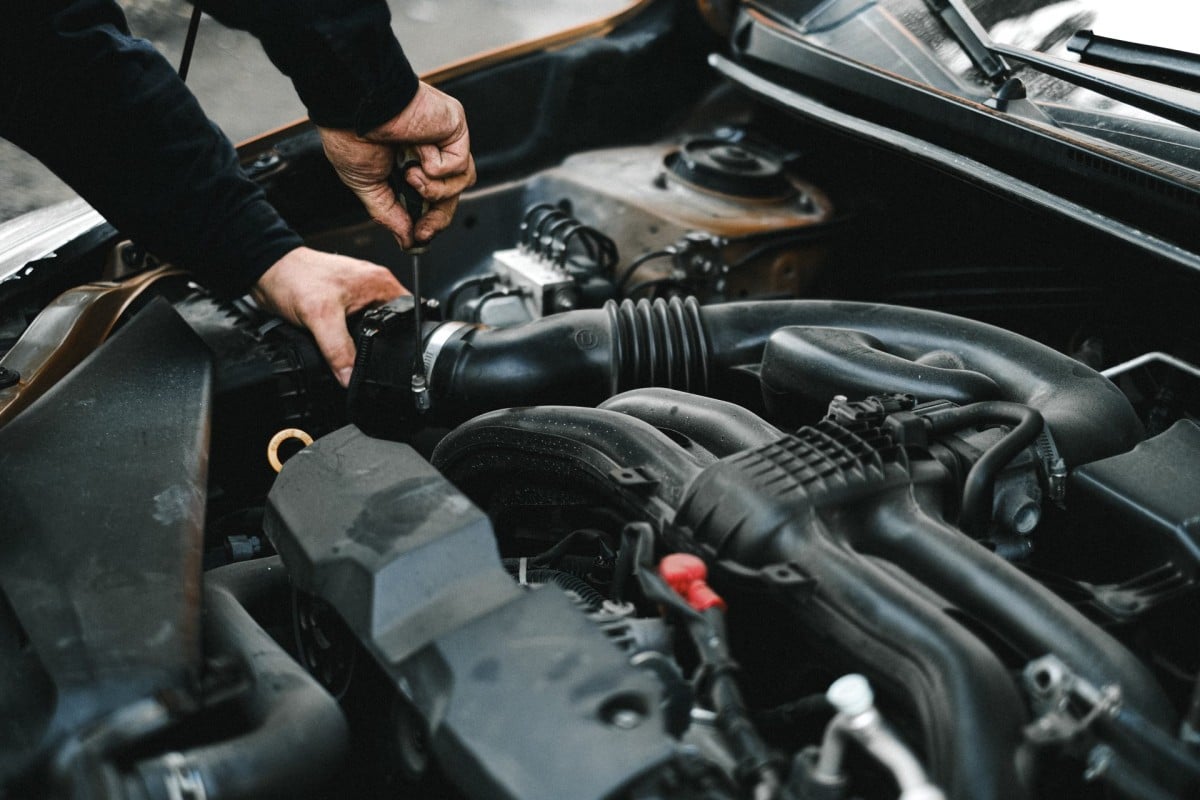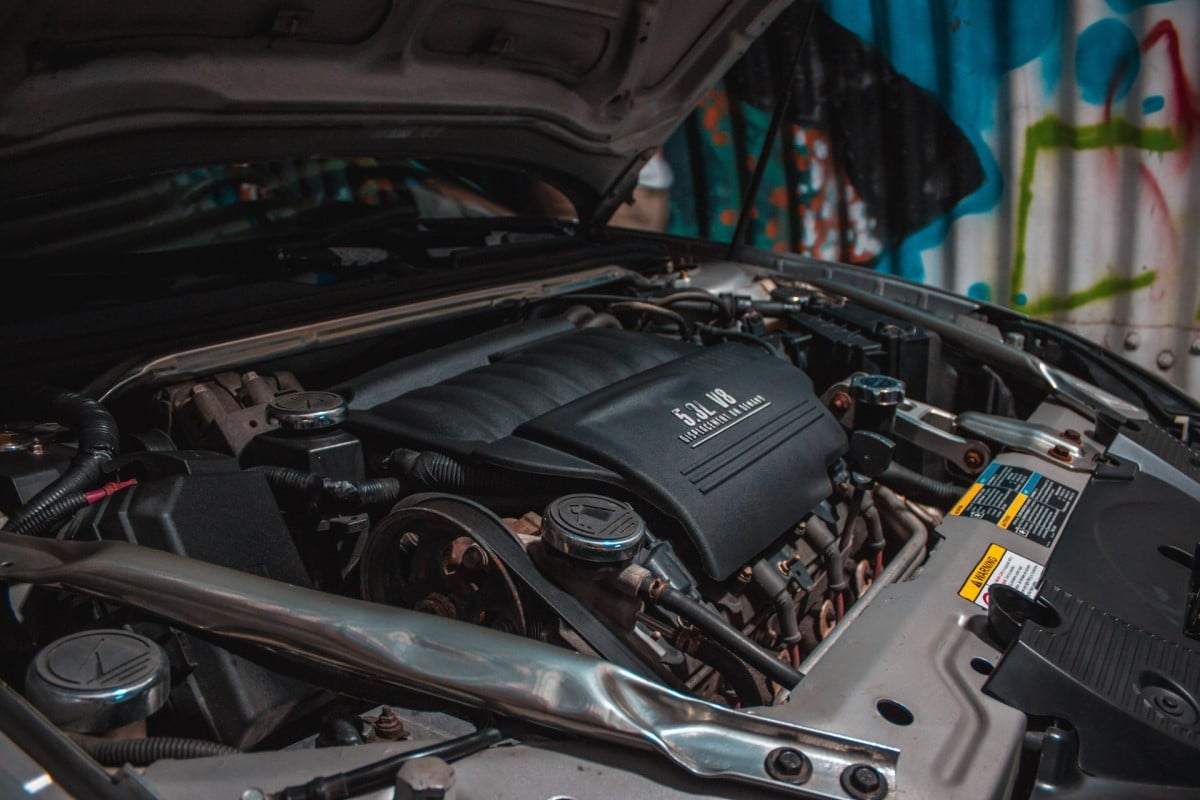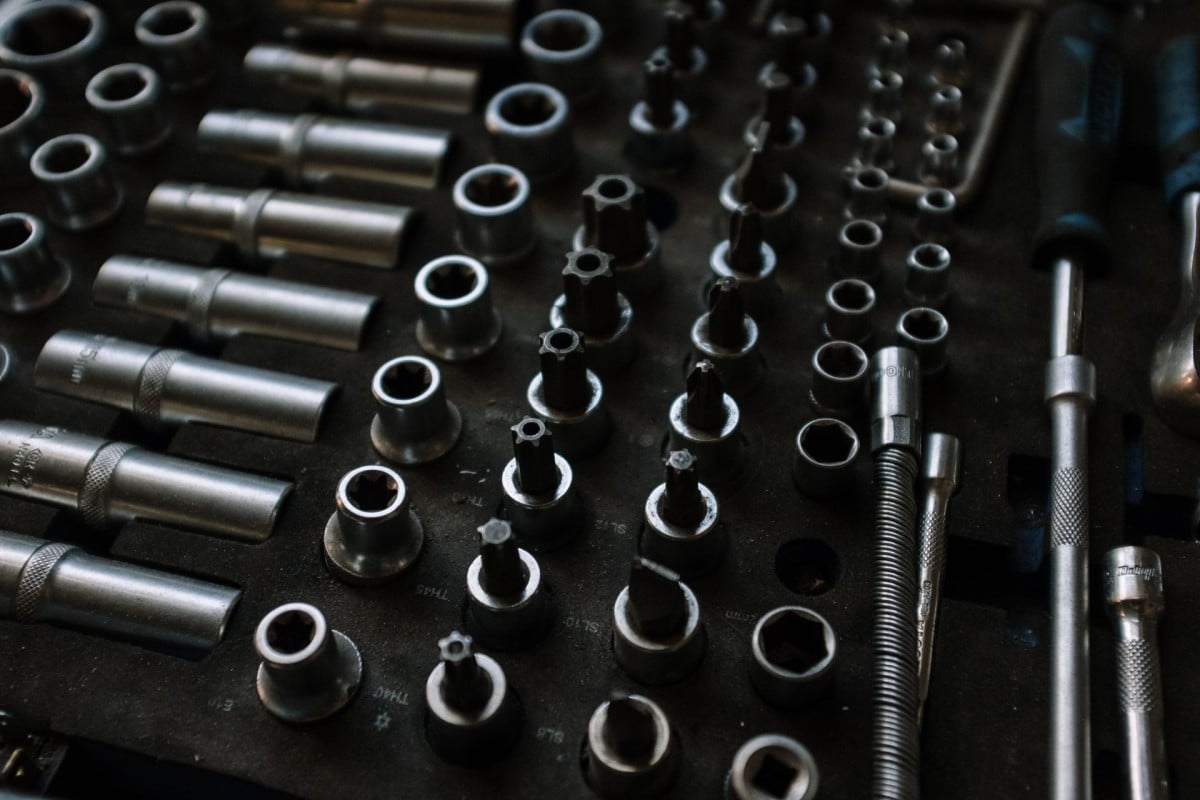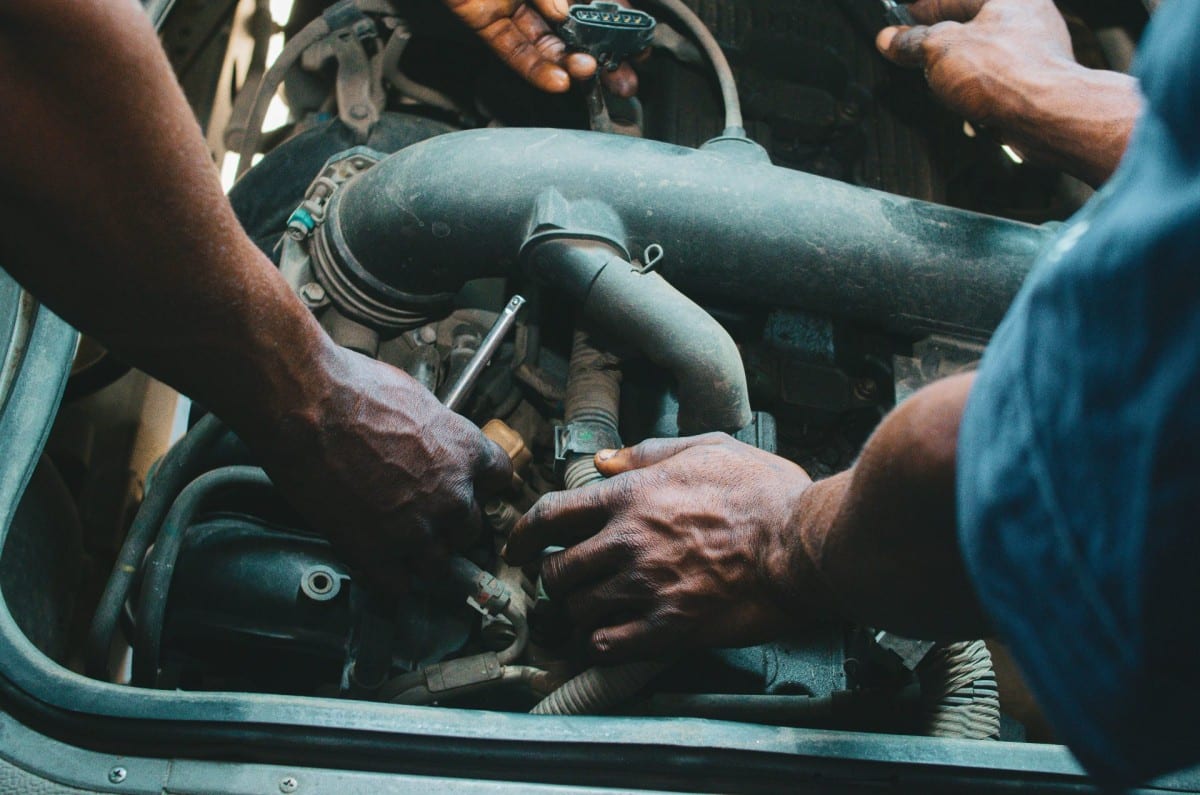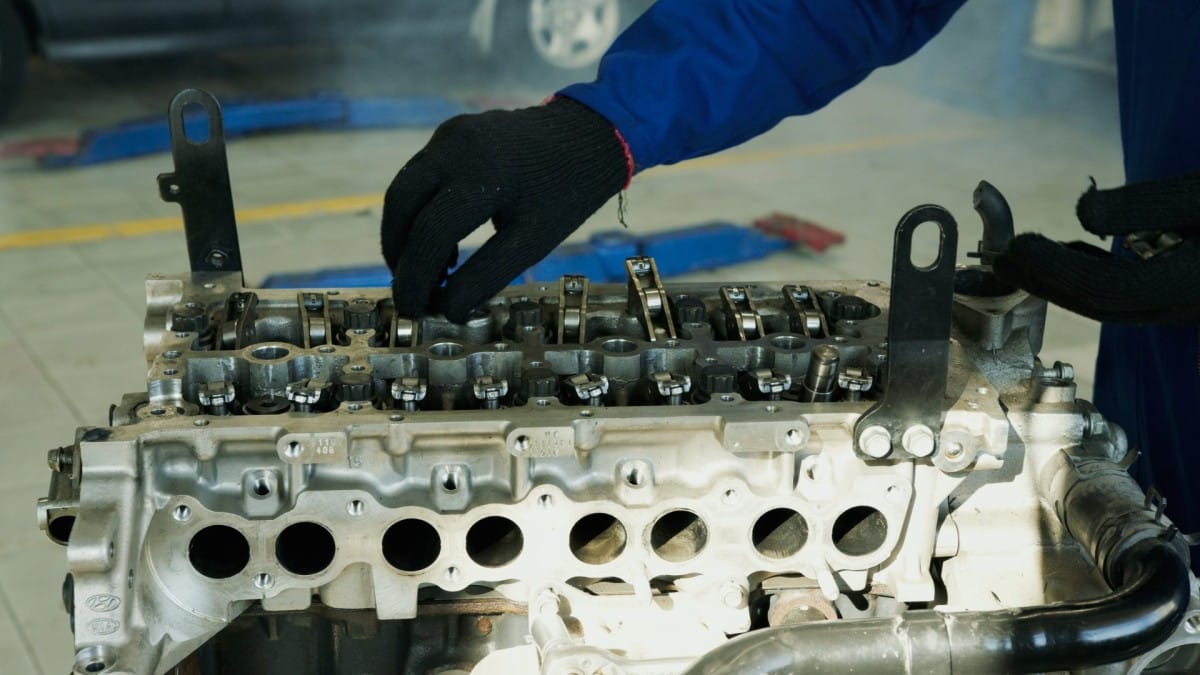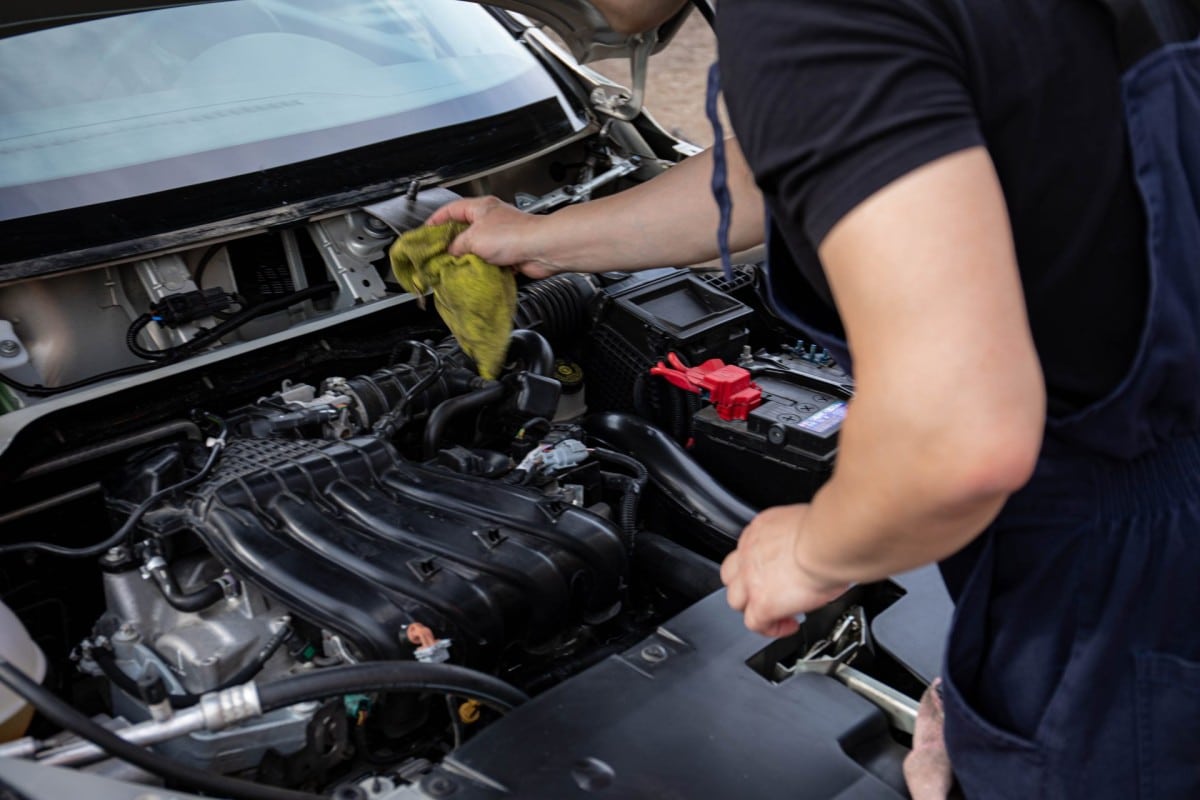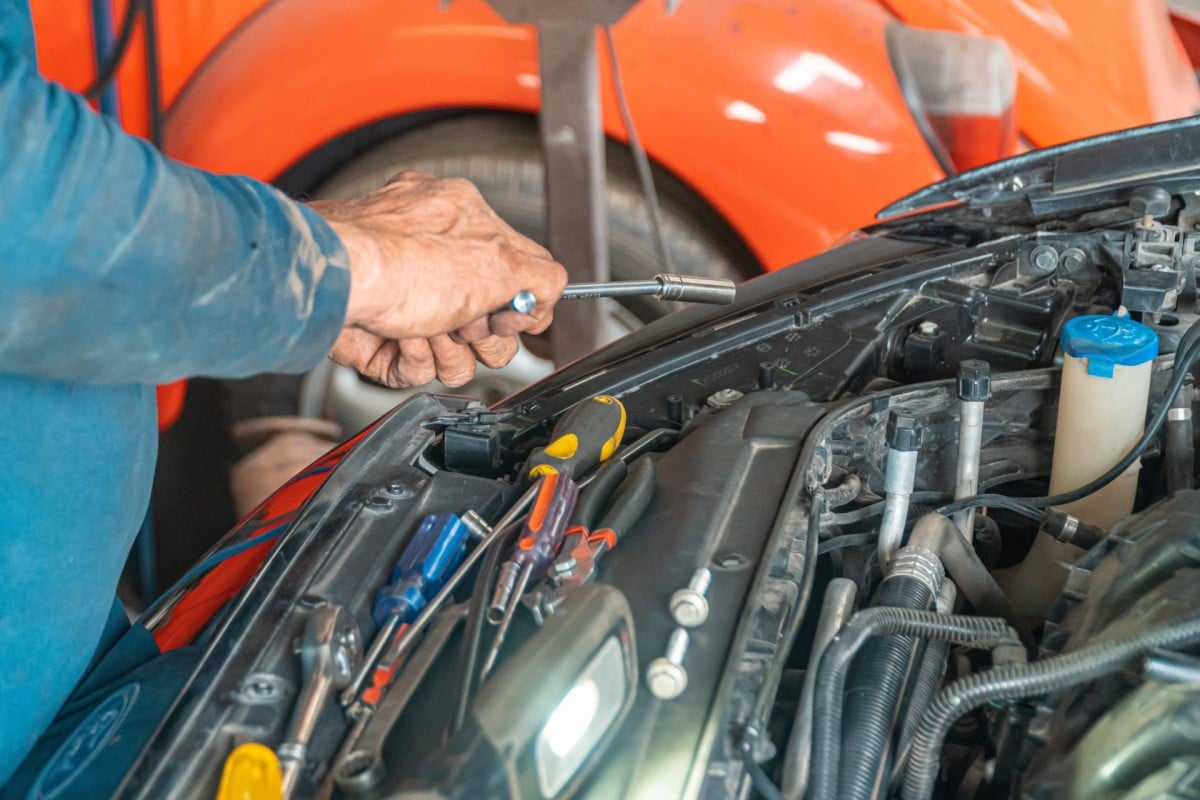So, you're cruising down Highway 101, grooving to your favorite tunes when suddenly, that dreaded check engine light flickers on. Your heart sinks. Has it been that long since your last oil change already? You'd be surprised at how often this scenario plays out. So let's break it down, why are regular oil changes so important for your vehicle?
Role of Engine Oil
The first thing to understand is the fundamental role engine oil plays in your vehicle. Think of it as the lifeblood of your car. It lubricates various parts of your engine, reducing friction and heat. Over time, this oil breaks down and can no longer effectively do its job, leading to increased engine wear and potentially serious damage.
Preventing Engine Wear
The importance of regular oil changes can't be overstated when it comes to preventing engine wear. When the oil breaks down, it becomes less effective at lubricating the engine parts. This leads to increased friction, which in turn causes wear and tear on the components. Take, for instance, the story of a customer who came into our shop with a damaged engine because of a neglected oil change. The cost to repair the engine was nearly half the value of the car itself!
Extending Vehicle Lifespan
On top of preventing engine wear, regular oil changes play a crucial role in extending the lifespan of your vehicle. Simply put, a well-oiled machine lasts longer. According to the U.S. Department of Energy, regular oil changes can improve your gas mileage by 1-2%. While this might not seem much in the short term, it adds up over time. Furthermore, maintaining a regular oil change schedule can boost your vehicle's resale value. Potential buyers are often willing to pay more for a car that has been well-maintained.
How Often Should You Change Your Oil?
So, how often should you change your oil? It depends on several factors such as the make and model of your vehicle, the type of oil you use, and how you drive. A general rule of thumb, however, is to change your oil every 3,000 to 5,000 miles.
But here's a handy tip: If you're not sure when to change your oil, your vehicle's owner's manual usually has the manufacturer's recommended oil change intervals. And remember, factors like driving in extreme heat or cold, or frequent short trips, can necessitate more frequent oil changes.
As you can see, regular oil changes are more than just a routine task. They are an investment in the long-term health and performance of your vehicle. So the next time you see that check engine light, don't ignore it. Bring your vehicle into Sartorial Auto Repairs. We pride ourselves on quality service and ensuring your vehicle is running at its best. Hit the road with confidence knowing your car has been serviced by the best. Remember, regular maintenance today can prevent costly repairs tomorrow.


